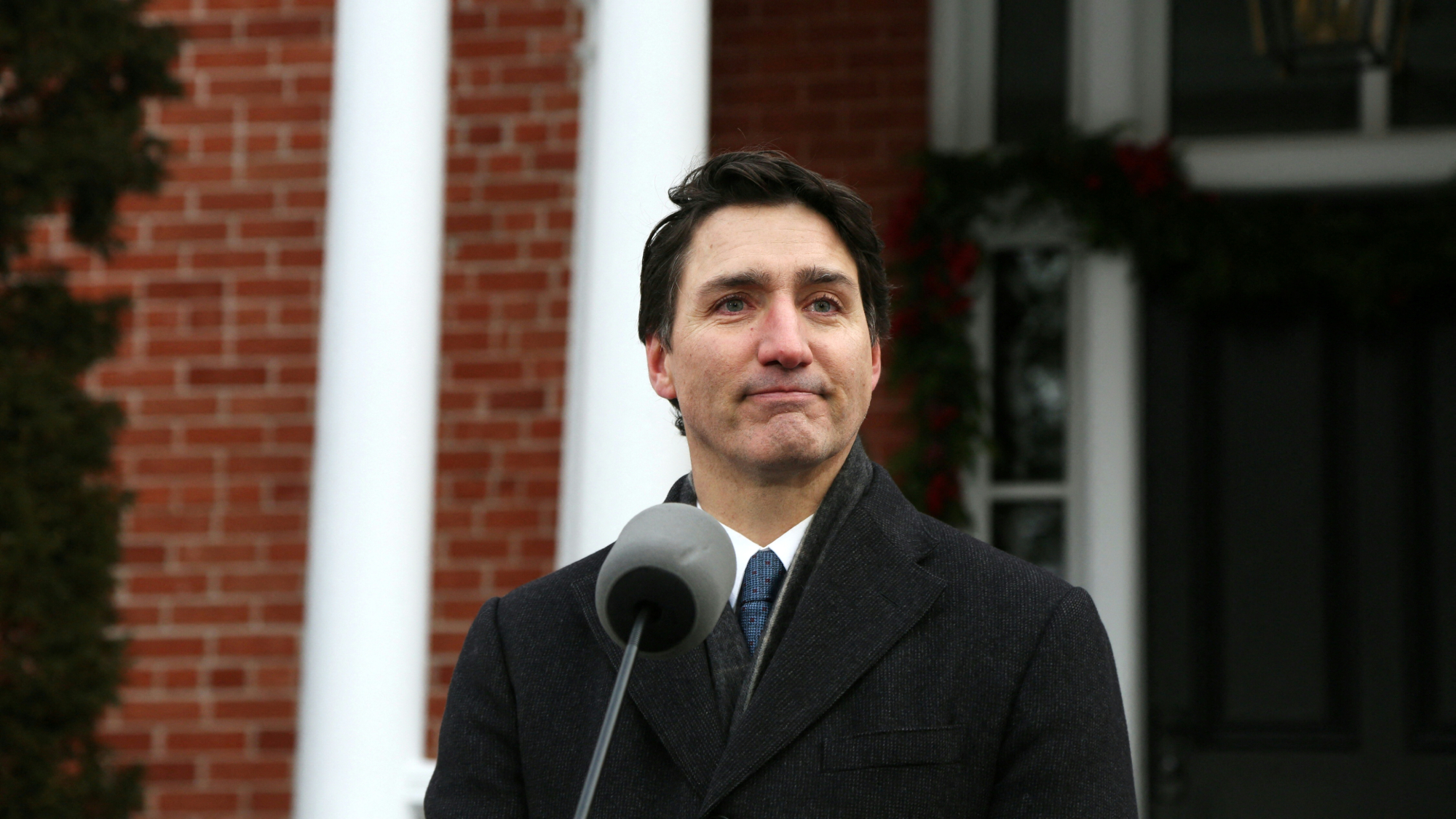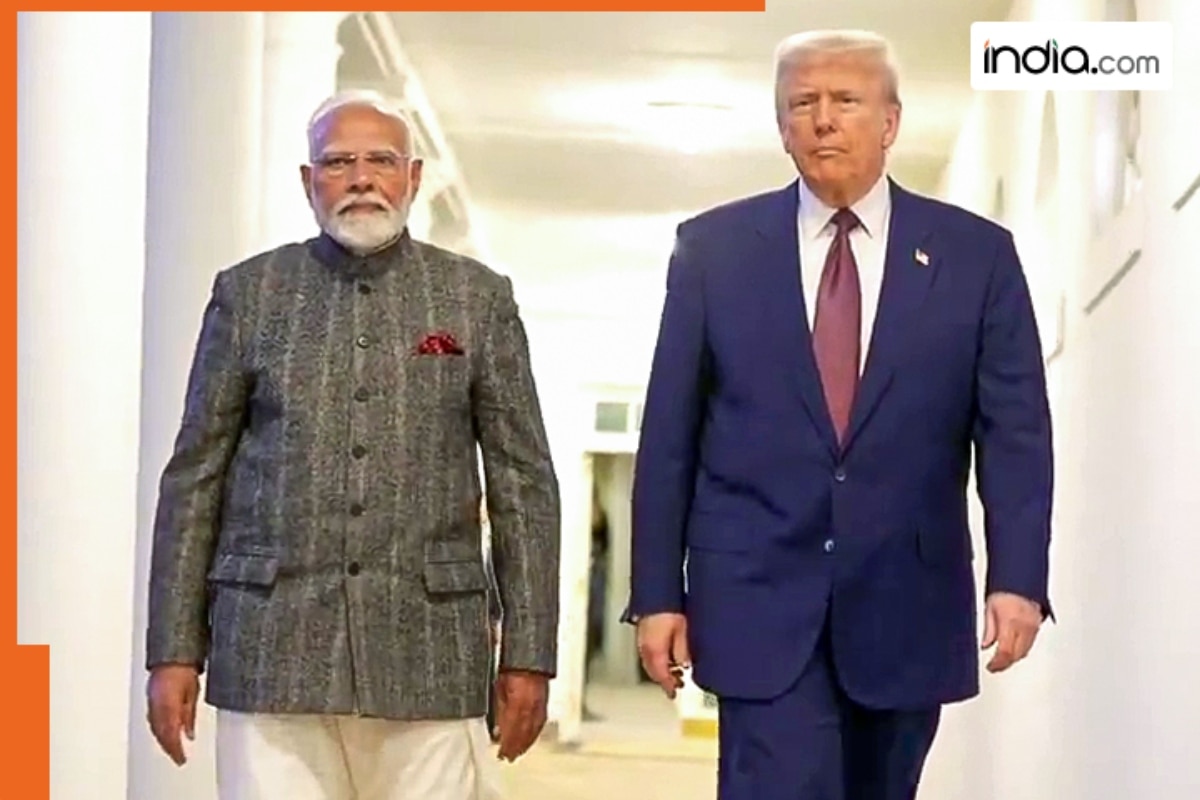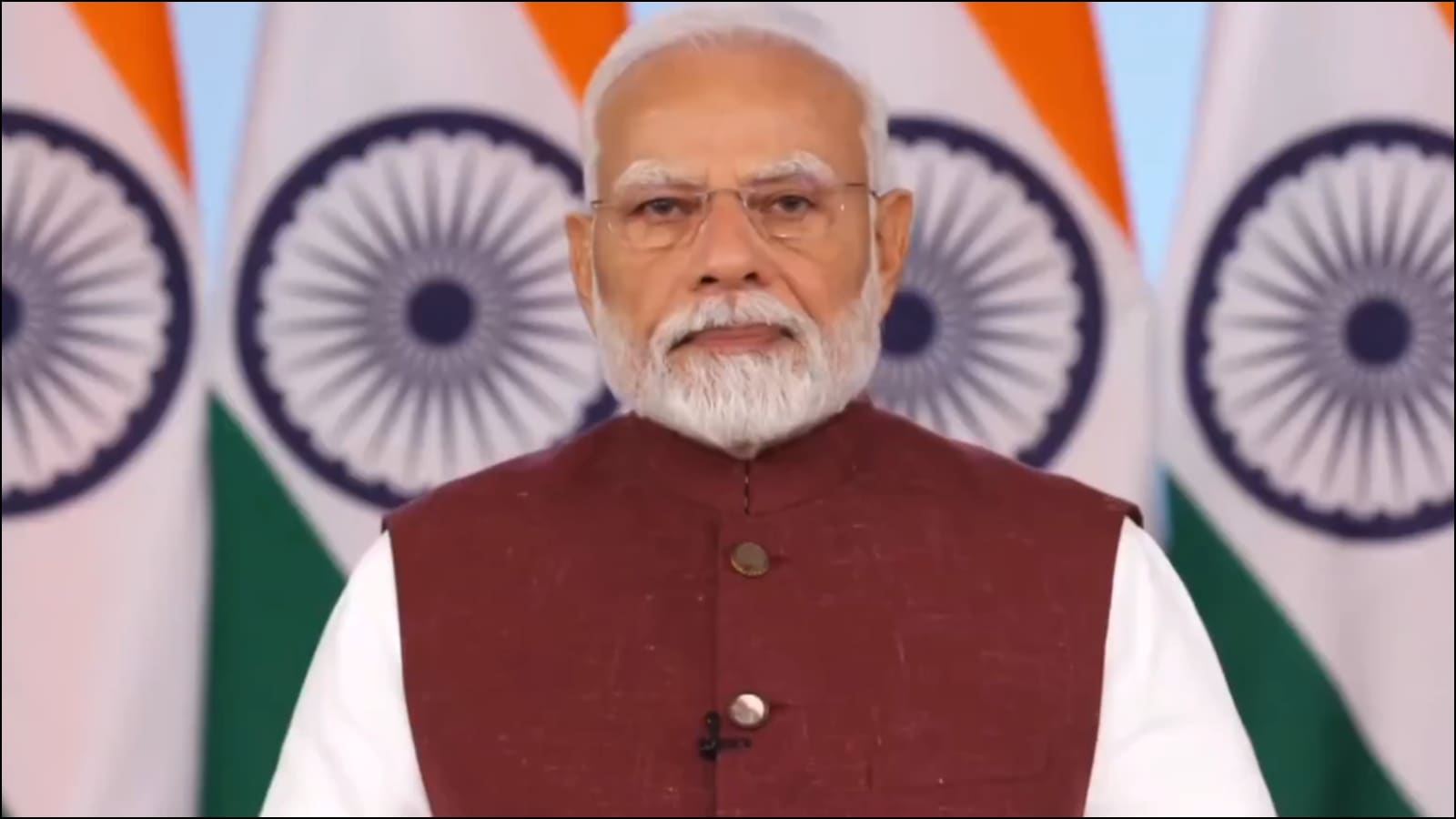Canadian Prime Minister Justin Trudeau announced on Monday that he is stepping down after nearly a decade in office, pending the selection of a new leader by his Liberal Party. This move comes amidst a backdrop of political uncertainty, with the opposition Conservative Party poised to win upcoming elections and the looming threat of tariffs under the new U.S. administration led by Donald Trump.
What Led to Trudeau's Resignation?
Trudeau, 53, cited the need for a "reset" in Canadian politics during his announcement in Ottawa. He expressed a desire for Canadians to have a real choice in the upcoming election, acknowledging that internal battles within his party could hinder his effectiveness as a candidate. The resignation came on the heels of Deputy Prime Minister Chrystia Freeland's departure, which sparked calls from Liberal lawmakers for Trudeau to step aside.
Political Climate in Canada
Trudeau's resignation reflects a broader anti-incumbency sentiment sweeping through Western democracies. Factors such as immigration, post-pandemic inflation, and internal party dynamics have contributed to his decision to step down. The upcoming elections are expected to be closely contested, with all major opposition parties signaling their intent to challenge the Liberal Party's grip on power.
Implications and Future Outlook
Trudeau's tenure, marked by three consecutive election victories, has reached a critical juncture as public sentiment shifts. The suspension of Parliament until March 24 will allow the Liberal Party to select a new leader and prepare for potential no-confidence votes. The political landscape in Canada is set for a significant reshuffling as the country navigates through a period of transition.
Justin Trudeau, Canada, Resignation, Liberal Party, Elections




